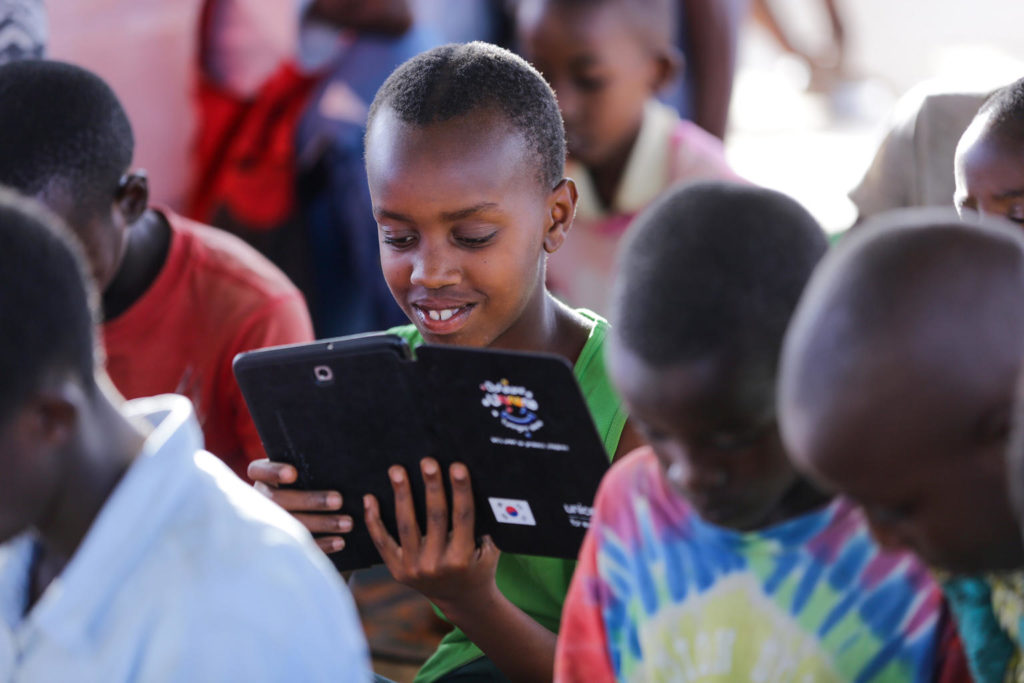By Doreen Bogdan-Martin, Director of ITU’s Telecommunication Development Bureau
According to the new Roadmap for Digital Cooperation launched by the United Nations Secretary-General today, 93 per cent of the world’s population live within physical reach of mobile broadband or Internet services. Yet is estimated that only 53.6 per cent use the internet, leaving an estimated 3.6 billion people around the world without internet access. Least developed countries (mostly those in Africa and South Asia) remain the least connected with only 19% of the population connected.
ITU research has found that affordability and lack of digital skills remain some of the key barriers to the uptake and effective use of the Internet, especially in the world’s least developed countries. In 40 out of 84 countries for which data are available, less than half the population has basic computer skills, such as copying a file or sending an e-mail with an attachment.
The lack of access to the Internet disproportionately affects the most vulnerable children and young people who are powerless to reach their potential, unable to access the wealth of information available online, resulting in fewer opportunities to learn and to grow. Closing the digital divide requires global cooperation, leadership, and innovation in finance and technology.
During the recent COVID-19 crisis, the global school shutdowns and health crisis have exacerbated already challenging realities for lower-income countries: with limited or non-existent infrastructure to connect to distance learning and essential services, their current education and economic stability as well as future opportunities and welfare are significantly set back. This current situation proves how critical it is to now accelerate connectivity, online learning and other initiatives for children and their communities, and drive economic stimulus.
The Roadmap for Digital Cooperation reinforces the need for ambitious regional infrastructure development initiatives such as Giga, a joint UNICEF-ITU initiative to connect every school to the Internet and every young person to information, opportunity and choice.
The Giga initiative aims to bring the power of meaningful connectivity to fast track young people’s access to educational resources and opportunities.
Digital technologies can dramatically improve the lives of people and communities and deliver on the promise of the United Nations Agenda 2030 to leave no one behind.
The Giga initiative aims to bring the power of meaningful connectivity to fast track young people’s access to educational resources and opportunities. Giga aims to make sure that every child is equipped with the digital public goods they need, and empowered to shape the future they want.
Giga also serves as a platform to create the infrastructure necessary to provide digital connectivity to an entire country, for every community, and for every citizen. It is about using schools to identify demand for connectivity, as well as using schools as an analogy for learning and connecting where the community can come together and support its next generation.
Giga works in partnership with governments and industry to:
- map schools to identify connectivity gaps
- build affordable and sustainable finance models
- implement fit-for-purpose infrastructure to connect schools (and ultimately every community and every citizen)
- empower learning and other skills and services via appropriate Digital Public Goods
Giga is focusing its initial efforts on three regions (Central Asia, Eastern Caribbean, and Sub-Saharan Africa) in partnership with the Government of Kazakhstan, the Organisation of Eastern Caribbean States, and the Government of Rwanda.

